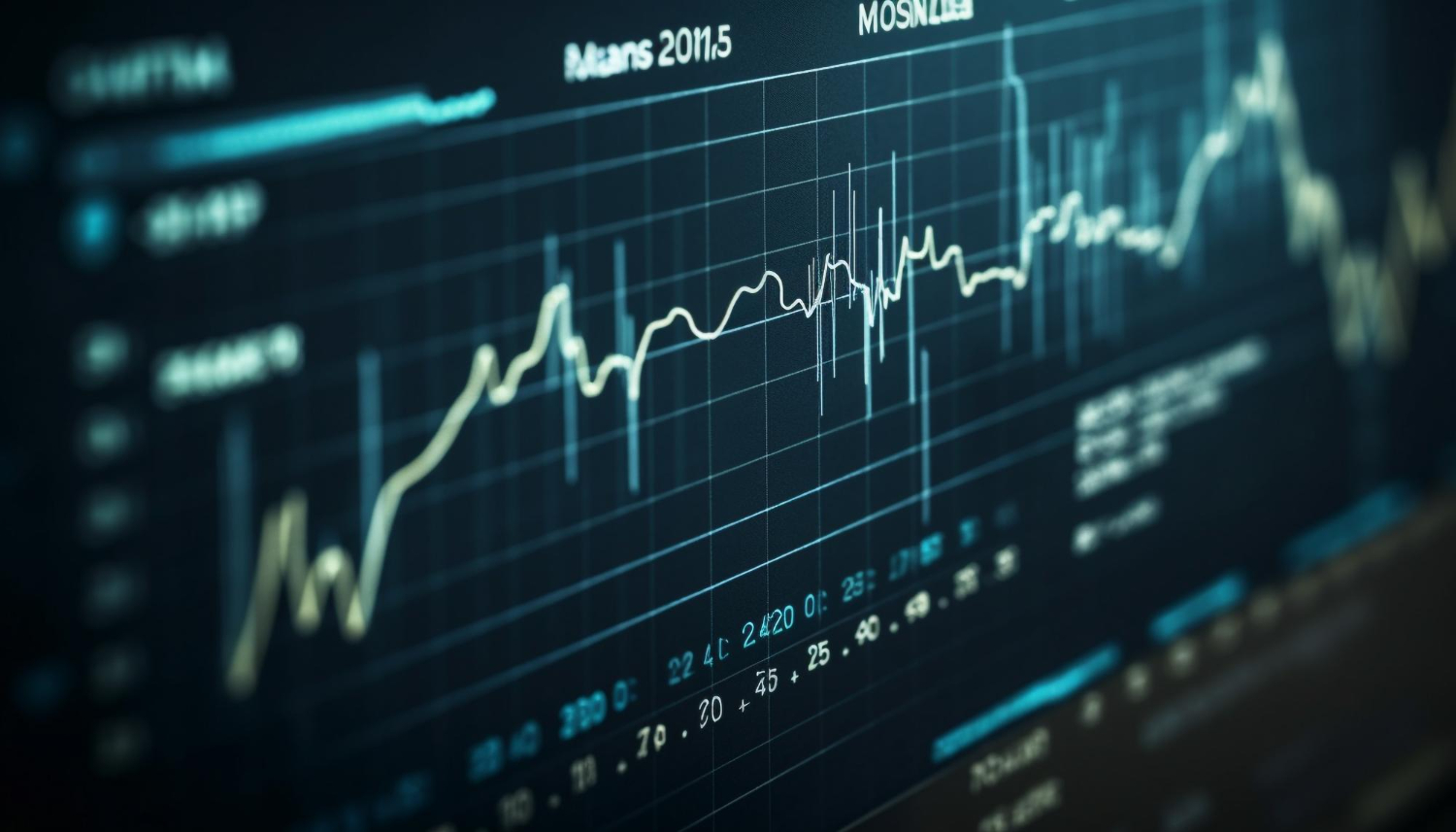Economy Trends: Could it be time to tokenize your real-world assets?


The process of transforming financial instruments and physical assets into virtual tokens on a blockchain platform is known as tokenization. It has gained significant interest among people in recent years. By taking advantage of the power of blockchain technology as the fundamental structure, the tokenization of real-world assets establishes a decentralized and secure platform to generate, exchange, and trade digital tokens. It is innovative enough to democratize investment opportunities and reshape the global market. The present trend suggests that asset tokenization has a bright future and steadily grow in the future.
Table of Contents
Trends in Real-Asset Tokenization
Experts believe the future of tokenization is dynamic and revolutionary because it can transform different industries. Several components will shape the future of asset tokenization.
Traditional Real-World Assets
Tokenization will dominate traditional real-world assets, like intellectual property, real estate, and artworks. As a result, investors will practice fractional ownership and enjoy higher liquidity and accessibility. The ownership transfer is simple, and new investment possibilities emerge.
Tokenization of Securities
Security tokens that abide by the regulatory frameworks can disturb conventional fundraising ways. With tokenization, there is higher transparency and eliminates third-party agencies or intermediaries. Regulatory compliance results in a more efficient and accessible market.
DeFi (Decentralized Finance)
DeFi is leveraging asset tokenization to establish unique financial products and services. The trend will grow steadily and lead to new ways of borrowing, lending, and trading assets. Decentralized Finance applications will elevate the accessibility, efficiency, and programmability of the capital market.
Higher Data Privacy
Real-world asset tokenization promotes self-independent identity solutions and improves data privacy. By tokenizing personal data, people enjoy more control over their information. They decide when, with whom, how, and why to share data. Businesses can authenticate users and streamline the verification process.
Seamless Interoperability
With the expansion of tokenization of real-world assets, interoperability among various blockchain networks becomes critical. With greater interoperability, smooth token exchange and transfer occur across multiple platforms. It promotes an efficient landscape for trading real-world assets.
The Market Size
According to several studies, the tokenization market will expand exponentially in the next two years with an average annual growth rate of 20%, which is huge. Some financial analysts are forecasting the volume of real-asset tokenization will reach a trillion-dollar business by 2030. According to retail investors, the trading volumes of security tokens will soar by trillions in the next seven years. There is significant growth because various industries, like fashion, sports, music, retail, and films are adopting asset tokenization and contributing to the NFT market globally.
What is the Prediction?
In the coming years, multiple innovative businesses will come up backed by blockchain technology and DLT (Distributed Ledger Technology). In the current era, some real-world asset classes encounter less accessibility, restricted liquidity, and stricter barriers. Investors can trade them physically, yet they suffer from limited transferability. Tokenization of real-world assets is the ultimate solution.
Asset tokenization allows participants to execute transactions within a few seconds via decentralized platforms. DLT and blockchain technology curtail time and transaction fees. Moreover, the architecture of the technology automates the process, while assuring security and safety of stored data. Studies reveal that the tokenization of real-world assets will transform the economy and elevate investment practices and opportunities. Tokenization can pave capital opportunities that are bound to traditional assets.
Influence of Tokenization
Tokenization offers noteworthy impacts. It improves economic efficiency by generating job opportunities and facilitating innovations and entrepreneurial opportunities. Digital tokens work in a more safe and regulatory-compliant environment. The inclusion of tokenization indicates regulatory challenges. Policymakers will adapt to the new financial practice and create safe platforms to safeguard the investors and the economy as a whole. With the rise of asset tokenization, most intermediaries and agencies for trading assets will eliminate.
Conclusion
From the analysis, it is clear that the future of tokenization has huge potential to transform the finance sector. Experts believe that the time has come when investors should gradually show interest in tokenizing their real-world assets. Asset tokenization promotes higher efficiency, accessibility, and transparency in different sectors. With a change in the regulatory framework, assuring security, safety, and reliability, the dynamic power of tokenization realizes. To exploit the benefits of asset tokenization, business, regulators, and investors should adapt and adjust to the developing tokenization trends.






